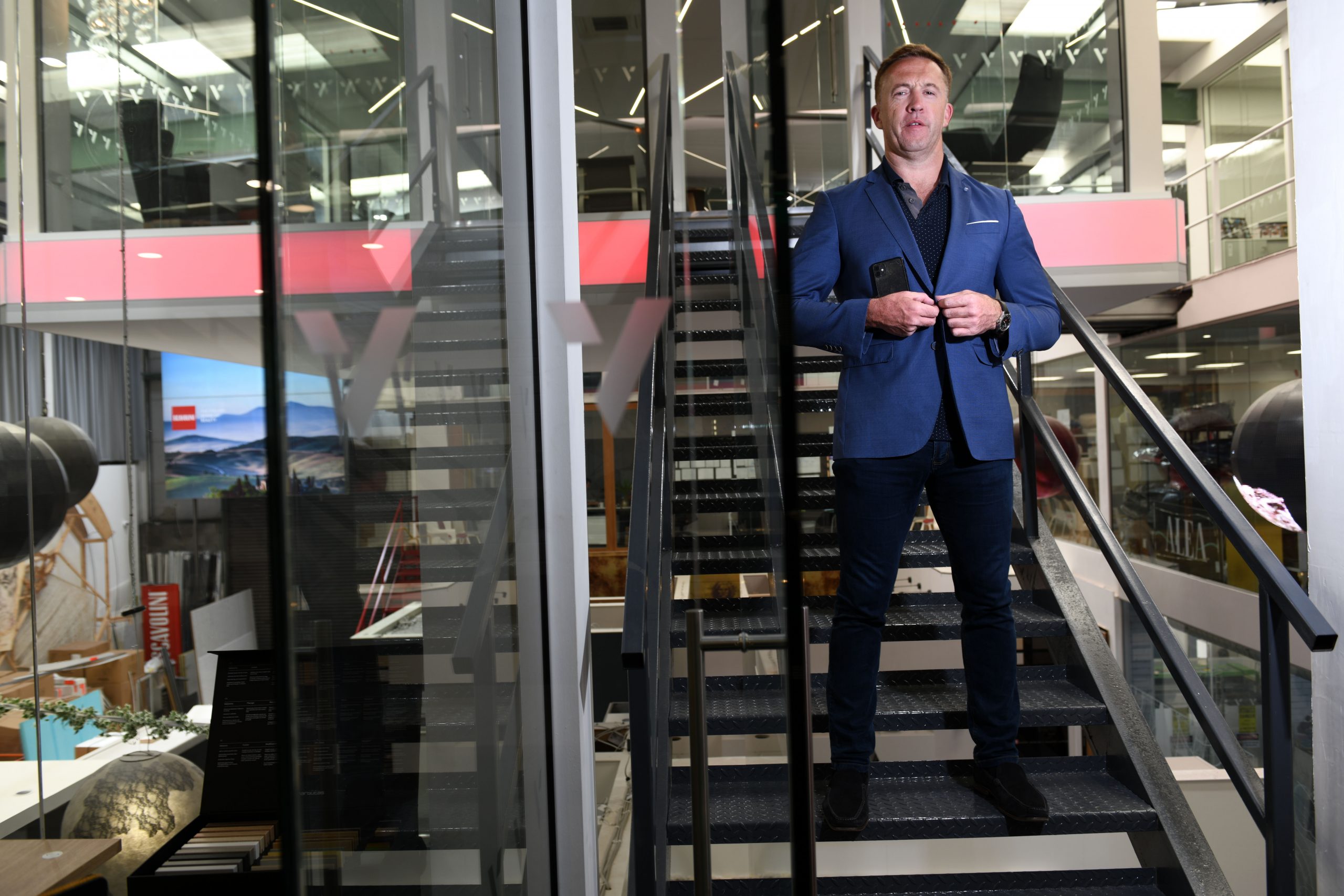Aaron O’Grady is showing me around his cavernous hub just off the M50 in Ballymount, south Dublin, and it is hard not to be impressed by both the scale and the substance. Stretching to 30,000 square feet, the base for his business Vision Creative Studios houses multiple businesses, a design centre, a collaboration area, and co-working spaces. O’Grady bounces between its three floors, greeting some of the 50 people who work for him, as well as showing me everything from 3D printers to fully fitted out show kitchens. There is even a room full of buddabags made from high-end memory…
Cancel at any time. Are you already a member? Log in here.
Want to read the full story?
Unlock this article – and everything else on The Currency – with an annual membership and receive a free Samsonite Upscape suitcase, retailing at €235, delivered to your door.

